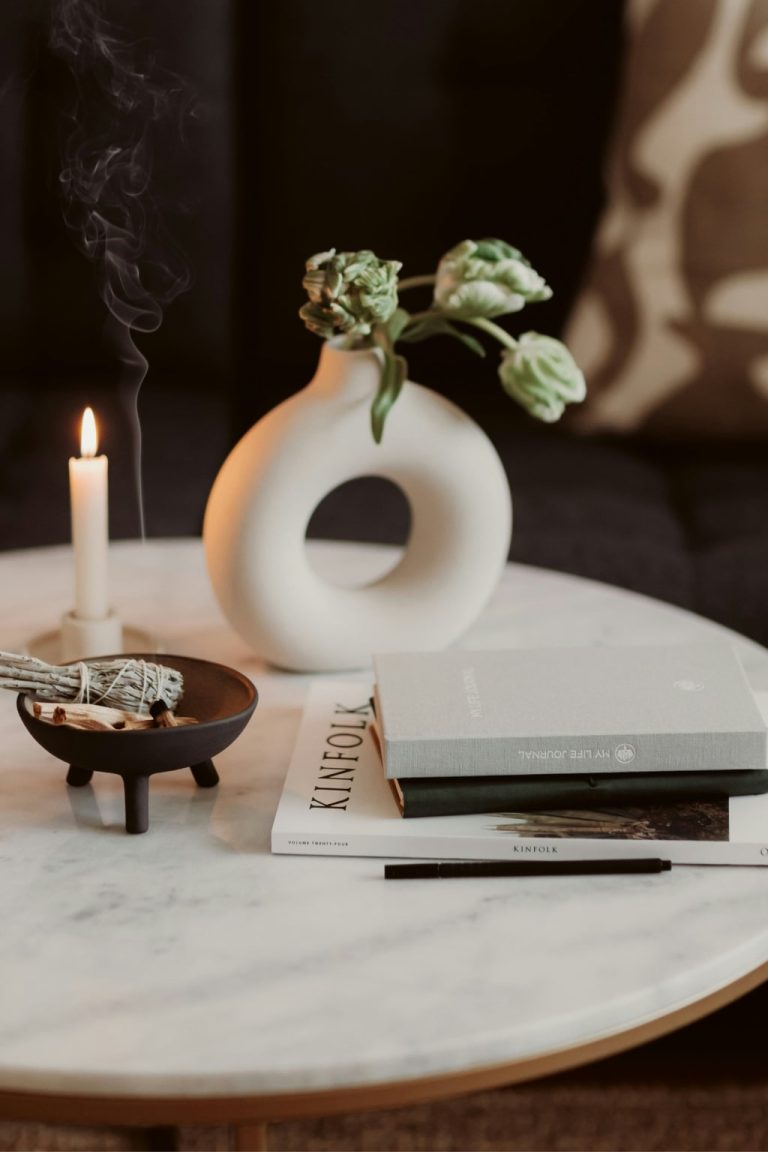Love in the age of self protection
We live in a time that prizes independence. Boundaries are celebrated. Self preservation is a virtue. Yet beneath the language of self respect lies something quieter: fear. Modern love has become a balance between wanting connection and protecting the self from its cost.
Emotional caution is not new, but technology, therapy culture, and years of collective uncertainty have made it mainstream. The result is a generation fluent in self awareness yet hesitant in intimacy. We know how to protect our peace but not always how to let someone in.
The psychology of protection
Self protection is an instinct. The nervous system is wired to prioritise safety over closeness. When previous experiences of rejection or betrayal leave a mark, the body learns to anticipate pain. It reads vulnerability as danger and activates avoidance as defence.
Psychologists describe this as emotional over regulation. Instead of being swept up by connection, people manage it. They analyse, delay, and rationalise feelings to maintain control. The motive is survival, but the effect is isolation.
The brain’s reward system complicates this further. Love releases oxytocin and dopamine, chemicals that lower defences and increase trust. For those conditioned to equate closeness with risk, this openness can feel unsafe. Protection becomes habitual even when it no longer serves.
Try this
- Notice when self control feels like self censorship.
- Ask if your independence is rooted in peace or fear.
- Practise emotional risk in small, consistent steps.
The myth of emotional invincibility
Our culture equates strength with detachment. We admire those who appear unbothered, those who leave first, those who stay composed. Vulnerability is often mistaken for neediness rather than courage.
But emotional invincibility is an illusion. The ability to remain unaffected does not protect you from pain; it only delays it. Suppressed emotion finds other outlets: restlessness, distraction, overwork. What looks like calm is often control.
True resilience is not about avoiding emotional impact but learning to recover from it. Psychologist Dr Susan David calls this emotional agility, the ability to feel deeply without being dominated by those feelings. Love requires that kind of flexibility.
Try this
- Allow discomfort without rushing to fix it.
- Share honestly without over explaining.
- Remember that composure is not the same as connection.
Boundaries versus barriers
Boundaries are essential. They define where self respect begins. But when overused, they harden into barriers. The difference lies in intention: a boundary protects connection while a barrier prevents it.
Many people confuse detachment with discipline. They mistake distance for dignity. In reality, the healthiest relationships are those that allow for mutual influence. You can be grounded and still affected, strong and still soft.
Therapist Terrence Real notes that intimacy thrives on repair, not perfection. Without some friction, there is no growth. Avoiding emotional exposure may prevent conflict, but it also prevents depth.
Try this
- Ask if your boundaries serve healing or control.
- Practise repair after miscommunication instead of withdrawal.
- Share needs without apology.
The performance of control
Self protection often disguises itself as composure. It looks mature, measured, evolved. But too much control creates tension. It keeps people in analysis rather than experience.
When love becomes self management, spontaneity disappears. People begin to calculate when to text, how much to reveal, when to care. These small defences slowly replace intimacy with strategy. Connection starts to feel like work instead of relief.
This performance of control is exhausting. It sustains attention but blocks trust. It creates relationships that look balanced but feel emotionally sterile.
Try this
- Let go of timing that feels tactical.
- Practise saying what you feel before editing it.
- Allow emotional rhythm rather than emotional management.
The cost of chronic self reliance
Independence has become moralised. We associate it with strength and maturity. Yet the constant need to be self sufficient can erode the ability to receive care. Love requires reciprocity, not self containment.
Research on attachment theory shows that secure connection does not weaken autonomy; it strengthens it. When people feel emotionally safe, their nervous system relaxes. They think more clearly, act more confidently, and take more meaningful risks.
Hyper independence often hides fear of disappointment. If no one is needed, no one can hurt you. But it also means no one can reach you.
Try this
- Let small acts of care land without resistance.
- Share responsibility for emotional effort.
- Redefine independence as choice, not armour.
How to stay open without losing yourself
Staying open does not mean abandoning discernment. It means allowing emotional access while maintaining self awareness. The goal is not to remove fear but to coexist with it.
Practising openness begins with physiological safety. Regulate the body first, then the mind. Slow breathing, grounding, and mindfulness help the nervous system recognise connection as safe. Only then can vulnerability feel possible.
In communication, openness means directness. It means sharing emotion without expecting rescue. It means receiving care without control. This balance is what transforms self protection into emotional intelligence.
Try this
- Speak needs without framing them as ultimatums.
- Allow emotional repair rather than withdrawal.
- Stay curious when discomfort arises.
Final thoughts
Love in the age of self protection is about learning to stay available while knowing how to recover. Emotional safety and intimacy do not oppose each other. They reinforce one another when approached with awareness.
To love now is to risk softness in a culture that rewards composure. It asks for courage that looks quiet, not dramatic. The work is not to remove fear but to remain open in spite of it. That is where love becomes real again.






